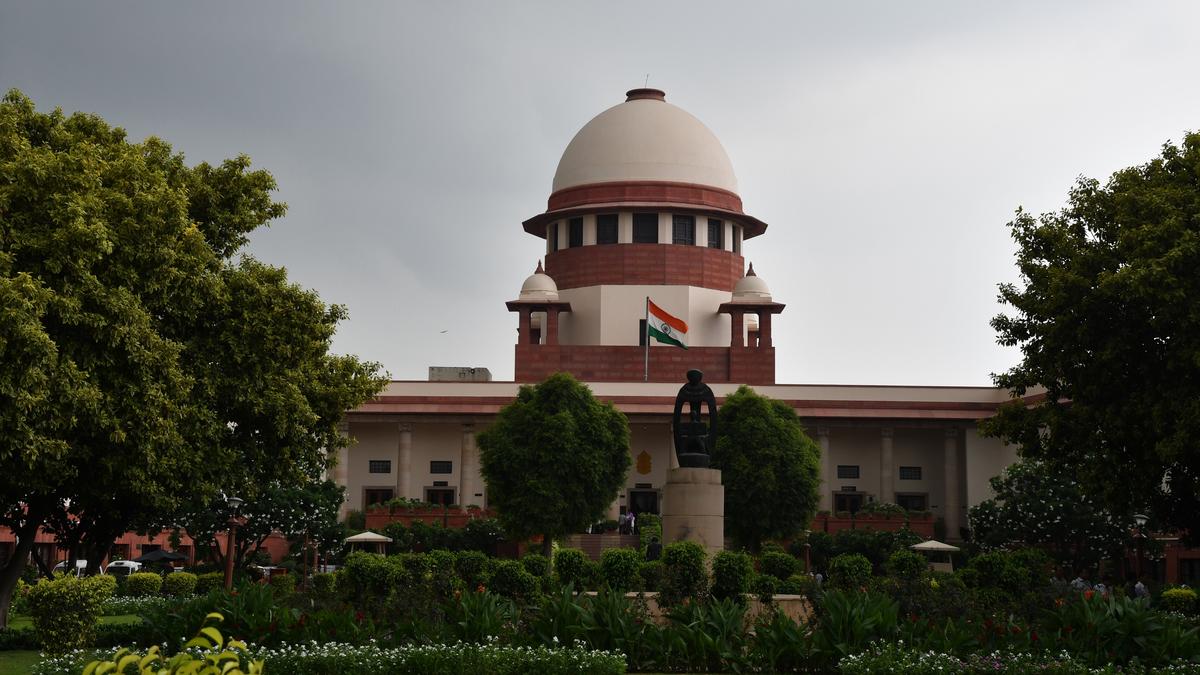Now Reading: Supreme Court Questions Government on ‘Foreigner’ Tag for Bengali Speakers
-
01
Supreme Court Questions Government on ‘Foreigner’ Tag for Bengali Speakers
Supreme Court Questions Government on ‘Foreigner’ Tag for Bengali Speakers

Speedy Summary
- The Supreme Court has sought clarity from the Center on allegations that authorities presume Bengali speakers to be illegal immigrants from Bangladesh, leading to bias, arbitrary detentions, and deportations.
- The petition was filed by the West Bengal migrant Workers Welfare Board, which alleged migrant workers where detained without procedural safeguards despite having documents proving Indian citizenship.
- Solicitor General Tushar Mehta denied the allegations and defended government actions aimed at controlling illegal immigration and protecting national resources. He warned of security risks due to infiltration through porous borders.
- Concerns were raised about procedural gaps in verifying citizenship before detaining or deporting individuals and a lack of inter-state coordination protocols despite a May 2 Home Ministry circular addressing this issue.
- Justices emphasized the need for lawful procedures for people found within Indian territory as opposed to those intercepted at international borders, asking whether standard operating procedures exist for such situations.
Indian Opinion Analysis
The case reflects deeper tensions surrounding illegal immigration and its complex intersections with linguistic identity and security concerns. Allegations that Bengali speakers face bias highlight challenges in distinguishing genuine citizens from undocumented immigrants amidst cultural overlaps across borders with Bangladesh. The judiciary appears intent on ensuring procedural fairness while balancing national security imperatives-a prudent stance as missteps could destabilize social harmony or erode trust in governance mechanisms.
The systemic implications of improper detention-such as panic among communities-underscore the importance of transparent policies grounded in legal safeguards rather than presumptions based on language or ethnicity alone. With IndiaS history of border disputes and shared heritage with neighboring countries like Bangladesh, crafting inclusive yet rigorous frameworks could set precedents for handling migration challenges across South Asia.
Read more: Link

























